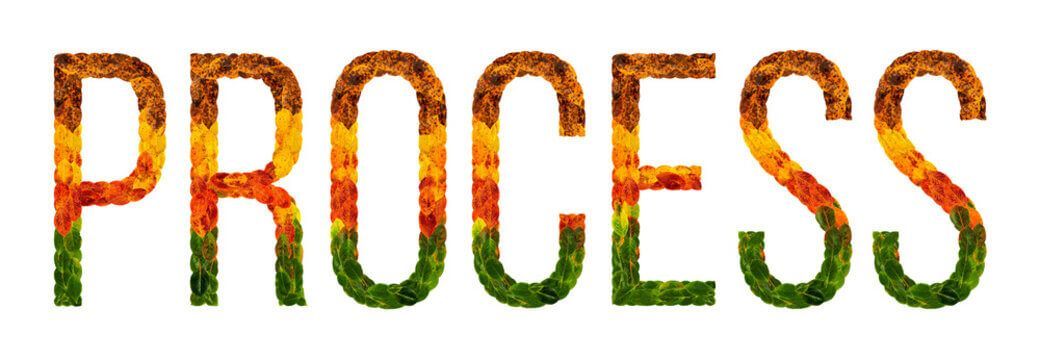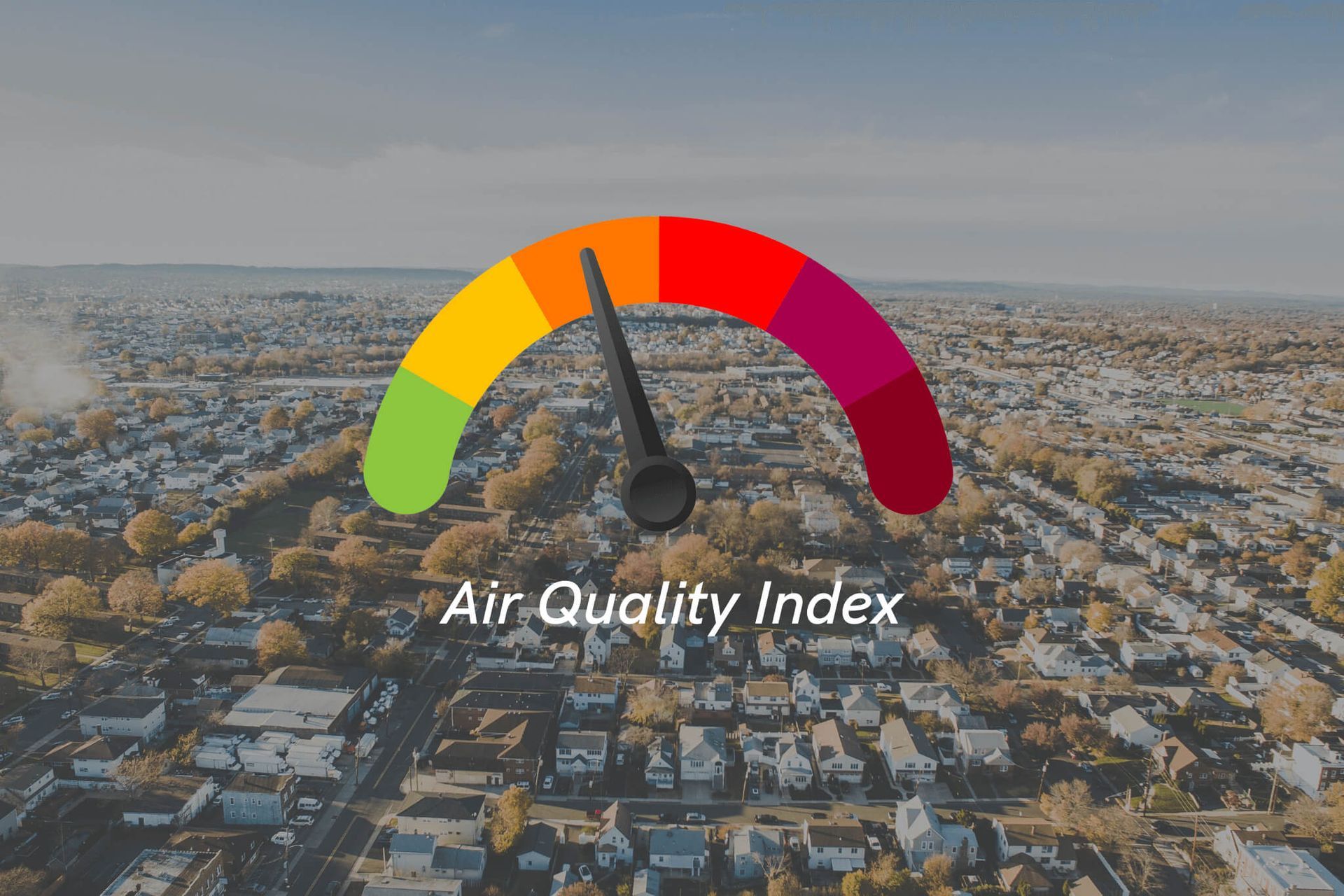How Does Spray Foam Insulation Compare to Traditional Insulation Methods in Mount Vernon?
How Does Spray Foam Insulation Compare to Traditional Insulation Methods in Mount Vernon?

Understanding Spray Foam Insulation
What is Spray Foam Insulation?
- Spray foam insulation is a polyurethane-based material that expands upon application, creating an airtight seal. It is commonly used in walls, attics, basements, and crawl spaces to eliminate air leaks and improve insulation efficiency.
Types of Spray Foam Insulation
- Open-cell spray foam – More flexible, lightweight, and affordable. Offers soundproofing benefits.
- Closed-cell spray foam – Denser, moisture-resistant, and provides a higher R-value (insulation performance). Ideal for high-humidity areas like basements and crawl spaces.
Traditional Insulation Methods
Fiberglass Insulation
- Material: Composed of fine glass fibers, available in batts or rolls.
- Pros: Affordable, easy to install, widely available.
- Cons: Prone to moisture absorption, sagging, and air leakage over time.
Cellulose Insulation
- Material: Made from recycled paper and treated with fire-retardant chemicals.
- Pros: Eco-friendly, effective for soundproofing and reducing heat loss.
- Cons: Settles over time, requires frequent maintenance to maintain effectiveness.
Mineral Wool (Rock Wool) Insulation
- Material: Composed of natural minerals spun into wool-like fibers.
- Pros: Fire-resistant, moisture-resistant, and soundproof.
- Cons: More expensive than fiberglass and cellulose.
Spray Foam Insulation
vs. Traditional Methods: Key Comparisons
1. Insulation Performance (R-Value Comparison)
R-value measures an insulation material’s resistance to heat flow. Higher R-values indicate better thermal insulation.
- Spray Foam Insulation: R-Value of R-6 to R-7 per inch (closed-cell)
- Fiberglass: R-Value of R-2.2 to R-3.8 per inch
- Cellulose: R-Value of R-3.1 to R-3.8 per inch
👉 Winner: Spray Foam Insulation – Provides superior thermal performance and energy efficiency.
2. Energy Efficiency & Cost Savings
- Spray Foam Insulation: Creates an airtight seal, reducing heat loss and lowering energy bills by 30-50%.
- Traditional Insulation: Allows some air leakage, leading to higher energy consumption.
👉 Winner: Spray Foam Insulation – More effective at reducing heating and cooling costs in Mount Vernon’s climate.
3. Moisture & Mold Resistance
- Spray Foam: Water-resistant, prevents mold growth, and reduces humidity-related issues
- Fiberglass & Cellulose: Can trap moisture, leading to mold, mildew, and deterioration.
👉 Winner: Spray Foam Insulation – Best for humid areas like basements and attics.
4. Durability & Longevity
- Spray Foam: Lifespan of 30+ years, does not sag or deteriorate.
- Fiberglass & Cellulose: Shorter lifespan (10-20 years) and may require replacement over time.
👉 Winner: Spray Foam Insulation – Long-lasting and requires minimal maintenance.
5. Installation Process & Cost
- Spray Foam Insulation: Requires professional installation, higher upfront cost.
- Traditional Insulation: DIY-friendly and lower initial cost, but higher long-term energy expenses.
👉 Winner: Traditional Insulation – Cheaper upfront, but spray foam saves money long-term.
6. Environmental Impact
- Spray Foam: Long lifespan reduces waste; newer formulations have lower VOC emissions.
- Cellulose: Eco-friendly option made from recycled materials.
- Fiberglass: Contains synthetic fibers and may release airborne particles.
👉 Winner: Tie – Both spray foam and cellulose are eco-friendly options.
Is Spray Foam Insulation Worth It for Mount Vernon Homes?
Who Should Choose Spray Foam Insulation?
- Homeowners looking for long-term energy savings.
- Those dealing with moisture, drafts, or mold issues.
- People seeking soundproofing and better indoor air quality.
Who Might Prefer Traditional Insulation?
- Homeowners looking for a lower upfront cost.
- Those planning for a short-term home upgrade.
- DIY enthusiasts who want an easy installation process.
Which Insulation is Best for Mount Vernon Homes?
While traditional insulation is more affordable upfront, spray foam insulation offers superior energy efficiency, durability, and long-term savings. For Mount Vernon’s climate, where winters are cold and summers can be humid, spray foam insulation is often the better investment.
Considering an upgrade? Contact a professional insulation contractor in Mount Vernon to discuss your home’s insulation needs!








